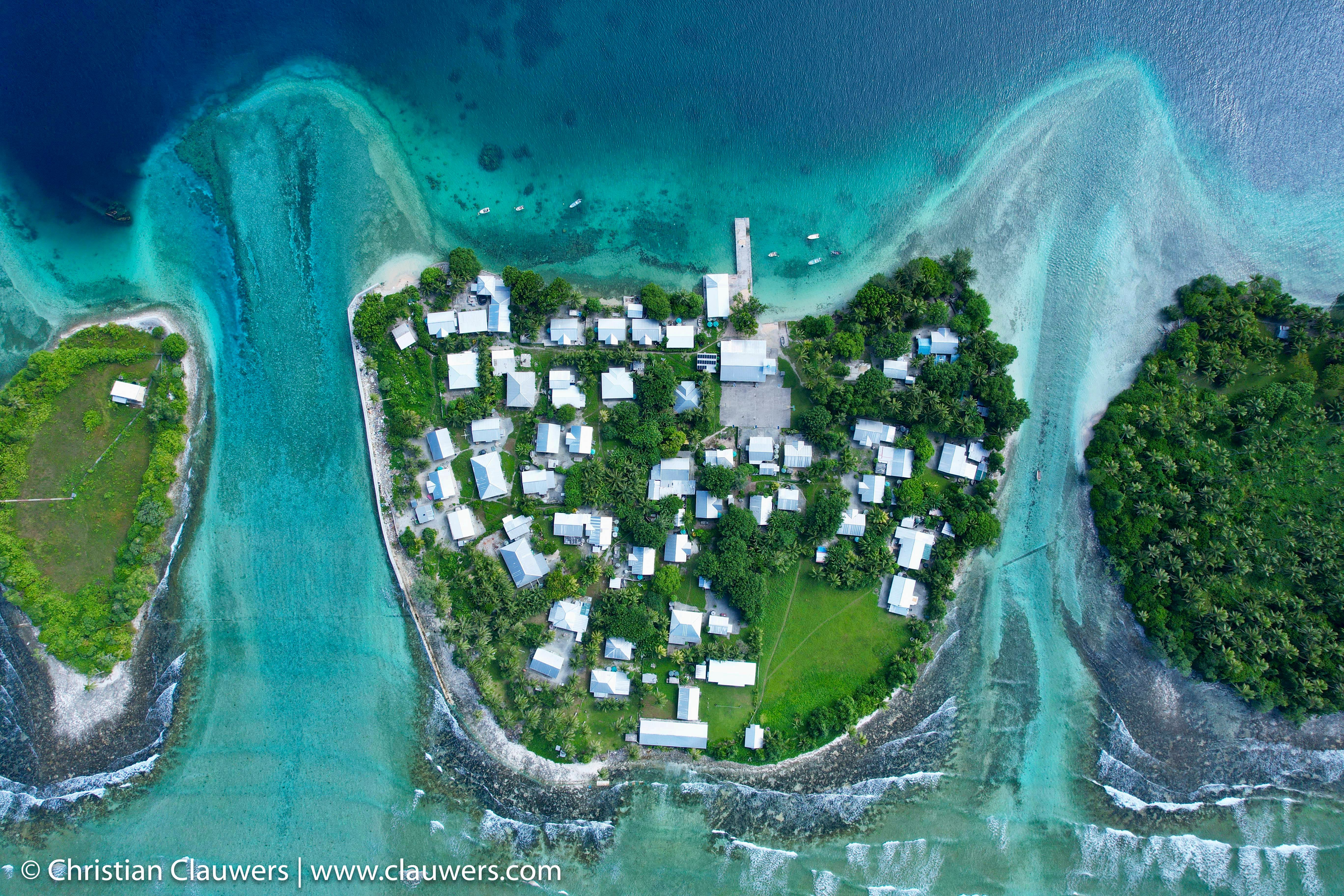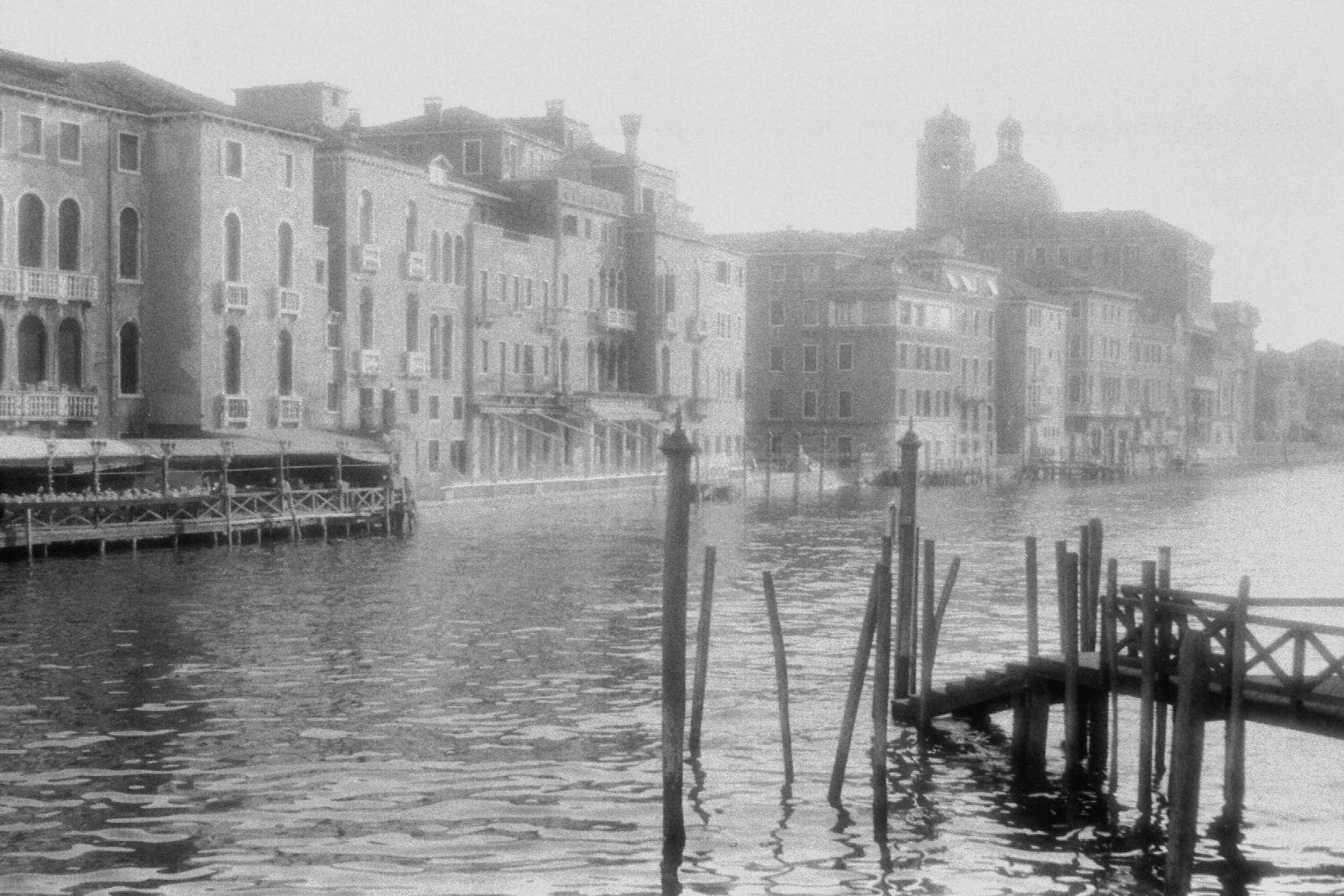Disappearing Pacific Islands: Documenting the impacts of climate change

In an era where the Marshall Islands face existential threats due to climate change, preserving their story has never been more critical. Internationally renowned Belgian photographer - Christian Clauwers, chose to safeguard his visual documentation of this fragile ecosystem in the Arctic World Archive (AWA). By securing the Marshall Islands’ climate change story in the permafrost of Svalbard, the AWA ensures future generations can access and learn from this poignant record of resilience and vulnerability.
Documenting a Dying World
The Marshall Islands, a low-lying atoll nation in the Pacific, have long stood as a symbol of beauty and fragility. However, rising sea levels and intensifying climate events are increasingly jeopardizing the very existence of these islands. As homes are swallowed by the sea and centuries-old ways of life are disrupted, it’s crucial to capture and preserve the story of this nation on the frontline of climate change.
Renowned photographer Christian Clauwers embarked on a journey in November 2023 to document the Marshall Islands, its people and its harsh realities in the face of environmental upheaval. Recognising the need to protect these visual records from the unpredictability of future events, Clauwers chose to entrust his work to Piql, ensuring that the history of the Marshall Islands will be secured for future.
The Challenge Ahead
The Marshall Islands are rapidly being submerged by rising seas, and with that, the cultural, environmental, and historical legacy of its people risks being erased. While climate action remains a pressing global issue, there is an equal urgency to document the impact of these changes—especially on regions like the Marshall Islands, which may soon disappear from the map.
The key challenge was twofold: creating an authentic visual representation of the climate crisis affecting the Marshall Islands and finding a way to preserve this documentation in a secure, stable, and enduring environment. It was not just about capturing the beauty and the peril of these islands but ensuring that this story, this call to action, would be available for future generations to learn from and reflect upon.
A Vision for Preservation
To address the challenge, Christian Clauwers executed a comprehensive visual documentation of the Marshall Islands, focusing on the effects of climate change and the resilience of the people.
The data includes high-resolution images and video footage documenting:
- Coastal erosion and the encroaching seas.
- The vulnerability of homes and infrastructure.
- The daily lives of the Marshallese people as they adapt to the changing environment.
- A 6-minute video on his expedition to The Marshall Islands in November 2023
Solution: Piql’s Advanced Preservation Process
The preservation process began with a thorough verification of the files to ensure accuracy and integrity. Advanced checksum algorithms were used to confirm that the content was not corrupted and to maintain the authenticity of the data before it was written to piqlFilm. The files were then carefully formatted into open, standard formats to ensure long-term accessibility as technology evolves. This approach ensures that future generations will be able to read and interpret the records without relying on specific software or hardware. Finally, the data was encoded onto piqlFilm in a dual-access format, enabling both human and machine readability. This migration-free technology ensures that the data will remain secure and accessible for centuries to come, eliminating the risks associated with technological obsolescence.
Finally, the data stored in the AWA provides a permanent home for valuable global records, with unparalleled protection from natural and technological threats.
From Crisis to Hope
By preserving this record of the climate crisis, the history of the Marshall Islands is now part of a global heritage, safely stored for future access. This deposit stands as a symbol of resilience, innovation, and the critical role of preservation in addressing humanity’s shared challenges.

